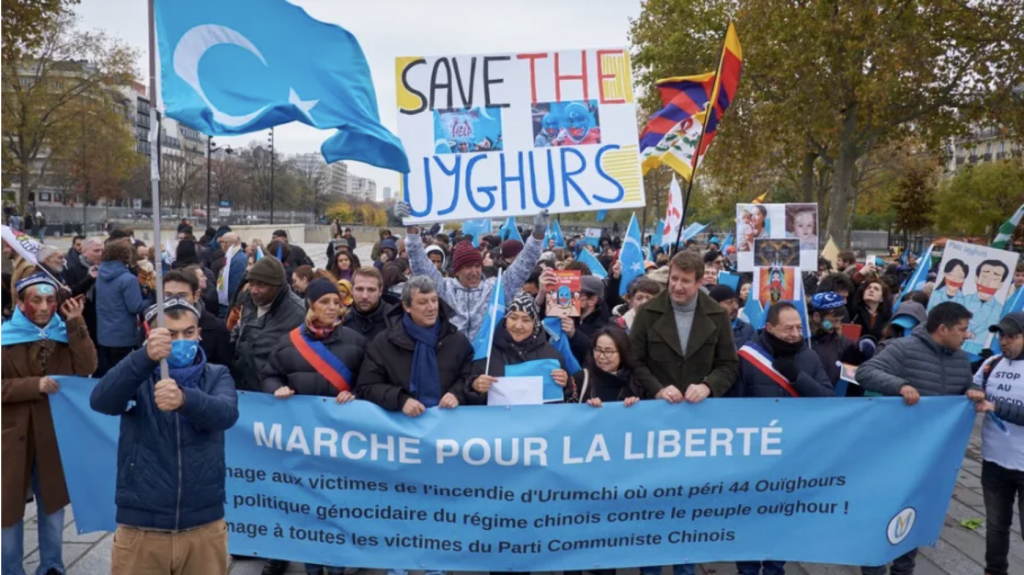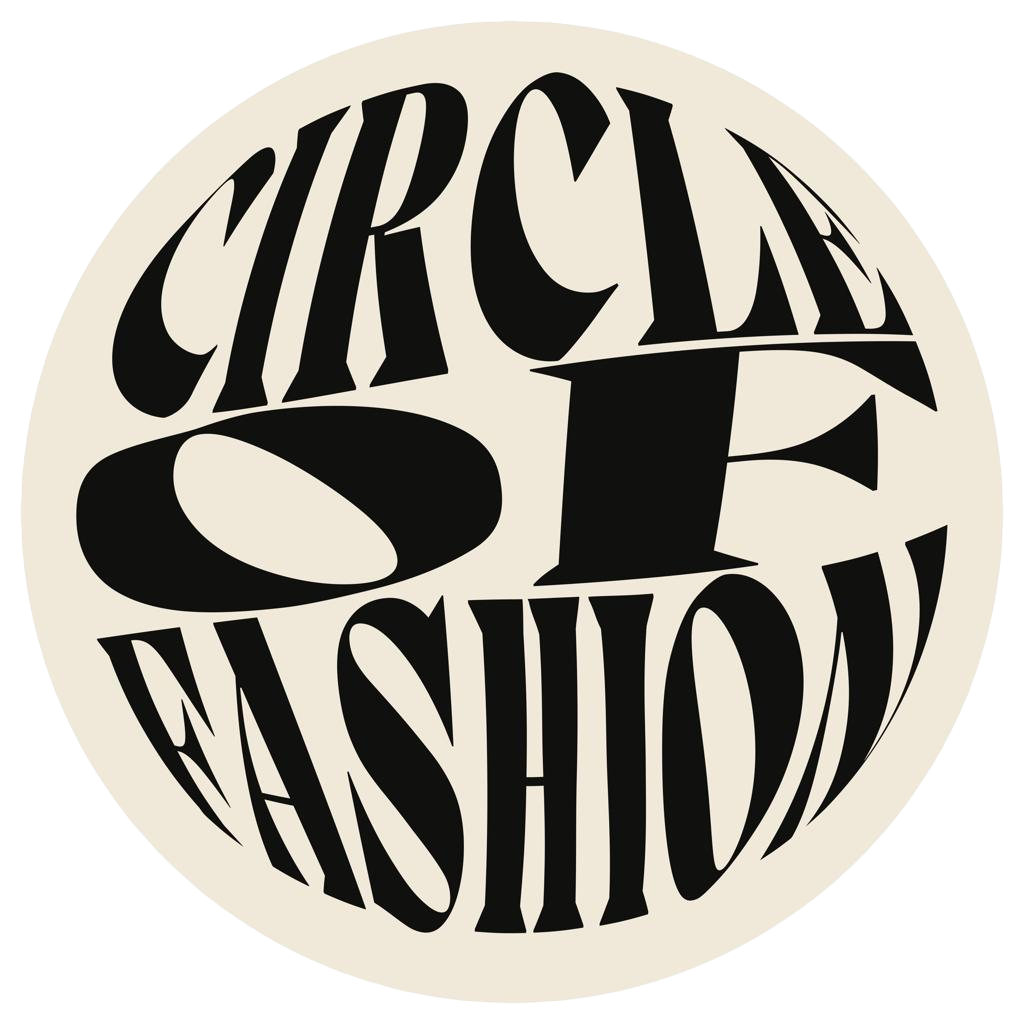Lisa Matmati
Edited by Naomi Gupta
Zara, Bershka, Pull&Bear, Stradivarius; most of us (especially Europeans) either shop in these stores, or know someone who does. Their similarity? All of them are owned by the Spanish group Inditex, which has been in the midst of controversy since 2020.

The Inditex Group and all the brands it encompasses
By now, we’ve all heard of the Uyghur crisis happening in China for the past couple of years, and if you haven’t, you might have a bit of catching up to do. In any case, essentially, the Chinese government has pursued an initiative to assimilate the Muslim Uyghur population—and other minorities—within the Han Chinese ethnic majority. In doing so, the Muslim Uyghur population has been subject to re-education camps across the Xinjiang region, where many atrocities occur, such as forced labor.
Now this is where Inditex and other groups such as Sketchers and Fast Retailing (the owner of Uniqlo) come into play: there are allegations of forced labor in Inditex’s supply chains. These allegations first came up in 2020, when the Australian Strategic Policy Institute (ASPI) produced an investigative report which exposed the forced labor to which the Uyghur population was subject to. The Xinjiang region of China is known to produce an important supply of cotton, which is widely used in the garment industry. In their report, ASPI accused these brands of benefitting,whether directly or indirectly, from forced labor in their supply chains.
This May, several human rights groups filed a complaint against Inditex and other fashion groups for allegedly profiting from forced labor in China. These accusations were built on the premise of these clothing giants subcontracting part of their production, or marketing goods, that use cotton issued from forced labor. The complaint includes allegations of genocide, human trafficking, crimes against humanity and aggravated reduction to servitude.

Unsurprisingly, Inditex claims these accusations are unfounded and claimed that “the company has rigorous traceability controls to ensure the provenance of its products and a zero-tolerance policy towards any kind of forced labor” (Nikkei Asia, 2023). Despite this, the group continues to receive criticism and accusations of forced labor.
Accusations against fashion giants like Inditex and Uniqlo ignited boycotts and protest movements against these groups’ deployment of forced labor of the Uyghur population, thus putting forth the question of how and where to shop ethically. Shopping sustainably and second hand has mainly been tied with the climate crisis. However, with the uncovering of Uyghur forced labor happening in the supply chains of certain brands, ethical shopping has taken another dimension. Whilst boycotting brands such as Zara and Pull&Bear, people have been urged to shop in slower fashion or second-hand shops, which is a step forward in the promotion and protection of human rights. Almost like a win/win situation?

If only it were that easy. The challenge we face in tackling this forced labor is centered around making people believe what is happening, but also making them care about it. Hence, the accessibility of information regarding shopping alternatives is a crucial step in the context of fighting against Uyghur forced labor in fashion; but these accusations and protests have been making the situation more visible globally, which is already a strong step forward.
